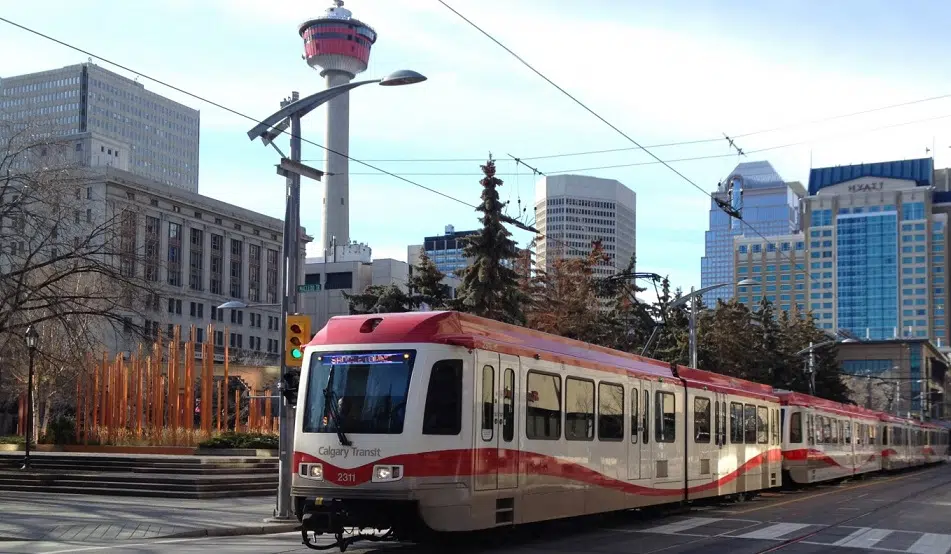Brad Wall, the enterprising new Premier of Saskatchewan, should be immensely enjoying his solid win after last week’s election. With a safe campaign, he avoided any mishaps that would make the Saskatchewan Party’s bid for power unsuccessful.
The more interesting question is whether Premier Wall will be a transformative premier for a province that has had almost zilch population growth in the past 100 years. Given its bleak demographic picture, Saskatchewan will find it far more difficult to fund benefits for the ageing population with a workforce stalled in numbers, a trend that will only reverse if Saskatchewan becomes a surprising magnet for migrants. On top of this challenge, the Aboriginal population will eventually make up more than half of the population and its integration into Saskatchewan’s work force will be more critical than ever.
The good news is that Saskatchewan is now growing, due to strong markets for its commodities, with sky-high prices for agriculture and non-renewable resources. However, resource prices are highly volatile and fortunes quickly disappear. Saskatchewan has had some good years in the past, but has never been able to achieve sustained economic growth.
If the Saskatchewan Party’s platform is any indication, transformation is not on the agenda. Sure, there are some smart policies, including a tuition rebate for Saskatchewan graduates who stay at home and a tax exemption for young “entrepreneurs” (the latter a concept that will be fun to define legally). Time will tell as to whether these policies succeed in keeping the very brightest at home without creating better-paying jobs at home.
While the Saskatchewan Party is on the mark with some proposals, several platform policies look like they will do more harm than good. The incoming government seems bent on picking “winning” activities, an industrial policy that fails more than it succeeds.
The new public-private Enterprise Saskatchewan — a potential slush fund partly influenced by conflicted private recipients — will look at barriers to growth, economic development and industry support, with an emphasis on selected “growth” industries, including agriculture, mining, energy and the forestry sector. How forestry became a growth sector is beyond logic, just as it is hard to understand why other industries, such as services, can’t play a major role in creating wealth.
And rather than look at broad tax-reform measures, the new government will play Santa by providing targeted tax support to mining exploration, research and development, as well as provincial sales tax relief for light vehicles and sports and cultural activities for children. The special tax credits might generate some new activity but often at the expense of moving resources from more productive uses.
As University of Chicago’s Arnold Harberger points out, it is very difficult for governments to pick winning activities. Every decade has an industry that is a “star” but within each industry there are far more “dogs” than those who excel. Instead, Harberger warns, governments are much better off to get the environment right to spawn growth rather than micro-manage the economy.
If the new Premier wants to create a legacy for himself, he will need far braver public policies. These should aim at improving labour supply, through better education, and labour demand, through plentiful well-paid jobs.
Premier Wall is on the right track to reform labour laws but he should look at the Australian approach for several successful changes that have turned a highly rigid labour market into one that is flexible and dynamic. Particularly important are the onerous costs imposed on employers in hiring workers and the strike power of monopoly government agencies and corporations.
Saskatchewan can also look at the experience in former Eastern and Central European countries, where privatization has created a more dynamic business sector. Even from Saskatchewan’s own experience, the potash and uranium industries have benefited tremendously from the privatization of a previous state-owned enterprises. Why not sell off some more Crown corps and reduce provincial debt?
Instead, the party wonks wore rose-tinted glasses when it states the belief that Saskatchewan’s nationalized SaskTel could make Saskatchewan become an “innovation leader.” The most successful telecommunications companies operating at a world scale are privately owned companies such as Finland’s Nokia, a leader in wireless technology. The province does not need inefficient Crown Corporations that are unable to operate at a world-class scale.
As for taxation, the NDP introduced a good process with broad tax reductions for both personal and corporate income taxes, something that the Saskatchewan Party should pursue with even more vigour. The province should look at reducing further its corporate income taxes well below Alberta. It should also reduce personal income tax rates, especially where marginal rates are typically very high.
The biggest innovation would replace the Saskatchewan retail sales tax with a value-added tax similar to the federal GST. The provincial, sales tax falls heavily on exports and capital investments — the effective tax on rate on capital in Saskatchewan would drop below Alberta’s by adopting a VAT that eliminates the tax on capital inputs. Even high-taxed Ontario is looking at this major policy reform to make its businesses more competitive.
More could be considered for a transformative agenda to make Saskatchewan grow. It would be a testament to the Brad Wall’s premiership if Saskatchewan becomes 20% larger by 2015, instead of languishing as it has done historically.
Jack M. Mintz is a professor at the University of Toronto.


